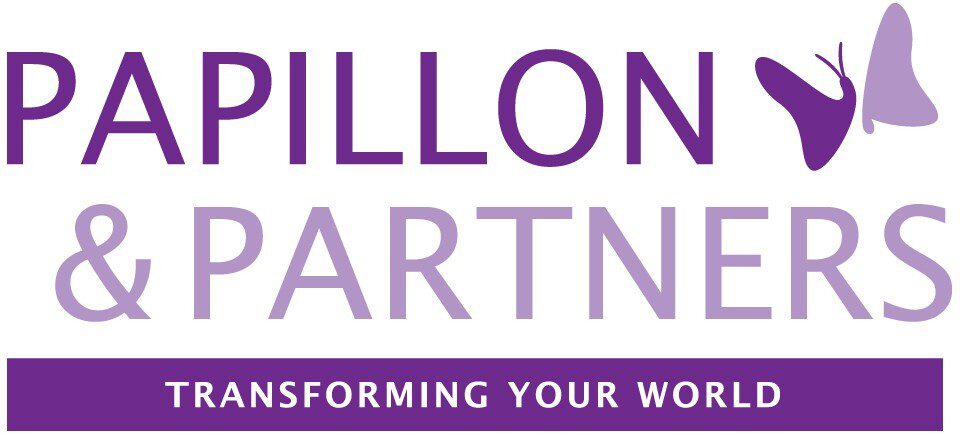Relationships Enhance Your Leadership
“What’s the point of gaining the universe if you can’t share it with anyone” – Theo Postma
Leadership is everybody’s business. It is not about position. It is for men, women and children. It is for families, business and communities. It is for you. It is for me.
We need leadership now. In a recent survey of CEOs in Europe, North America and Asia, 91% said that developing leaders is the most critical success factor for the growth of their businesses*.
Increasingly, people must influence without formal authority. Therefore, you are never too young or too old to make a positive difference in your world. We all possess the capacity for leadership, but only those who cultivate it will ever become truly effective leaders.
Becoming a leader is like a long-term investment. If you continually develop your leadership, letting your “assets” compound over time, the inevitable result is growth. When you invest in your own leadership, you become an active participant in shaping your own future and the future of others. Your world – your circle of influence needs YOU to live up to your OWN potential. Although some people have greater natural talents than others, almost all the skills of leadership can be learned and developed. Leadership has many facets including: EQ, IQ, Vision, Integrity, Communication, Focus, Commitment, Competence, Courage, Self-Discipline, Hard work, Passion, Teachability, Humility, Teamwork – and Relationship skills.
Regardless of who we are, we can never lose sight of the fact that we need each other. We all need relationships to survive and thrive.
In this issue, we highlight some key relationship competences that are necessary for building and sustaining healthy, happy and productive personal and professional relationships.
Happy Valentines Day!
Core relationship competencies are required to create, sustain, support, and improve relationships. The greater your proficiency in them, the more successful and meaningful your relationships will be. Some core relationship competences are:
- Understand Yourself: Cultivate a healthy relationship with yourself. Understand your personality, core values, motivations, career and personal goals. Take time for regular self-reflection. Accept yourself and affirm yourself.
- Understand Others: No two human beings are completely alike in every way, not even identical twins. Appreciate the rich diversity of personality, values, motivations, behaviors, etc., that others possess.
- Manage our Differences: Differences between you and others need not drive you apart. Be open, be curious, and suspend judgment. If you are willing to understand, these differences can strengthen your relationships instead of weakening them. Be mature in your attitude towards differences and develop effective communications skills.
- Communicate Positively and Effectively: Learning how to communicate effectively so that you are “heard” as you intended, and “hear” as the speaker intended, is a crucial competency in any relationship. Effective communication skills also enable us to express and resolve conflict in ways that provide healing and growth to the relationship.
- Foster Trust & Integrity: Trust is the foundation of every relationship. Build trust and integrity into every relationship, and when it weakens, take the time to repair it.
- Personal Ownership & Responsibility: Accept personal ownership and responsibility for your part in any frustrations and misunderstandings that arise in the relationship. Doing so is extremely empowering and will shift you into the position of a conscious co-creator of the relationship you would like to have – in control and in-charge of self.
- Develop Excellent Listening Skills: understand and practise deeper levels of listening to promote understanding and effective collaboration.
- Treat Others with Respect and Kindness: basic psychological human needs include a need for love; a need to feel valued and significant, a need for safety, a need for growth, a need to feel we are making a difference. Treating others respectfully and kindly in accordance with their cultural norms and values, helps to strengthen relationships and increase loyalty and commitment. Remember, the truly great person makes others feel great!
*Pete Hammett, (2008) “The paradox of gifted leadership: developing the generation of leaders”, Industrial and Commercial Training, Vol. 40 Iss: 1, pp.3 – 9

